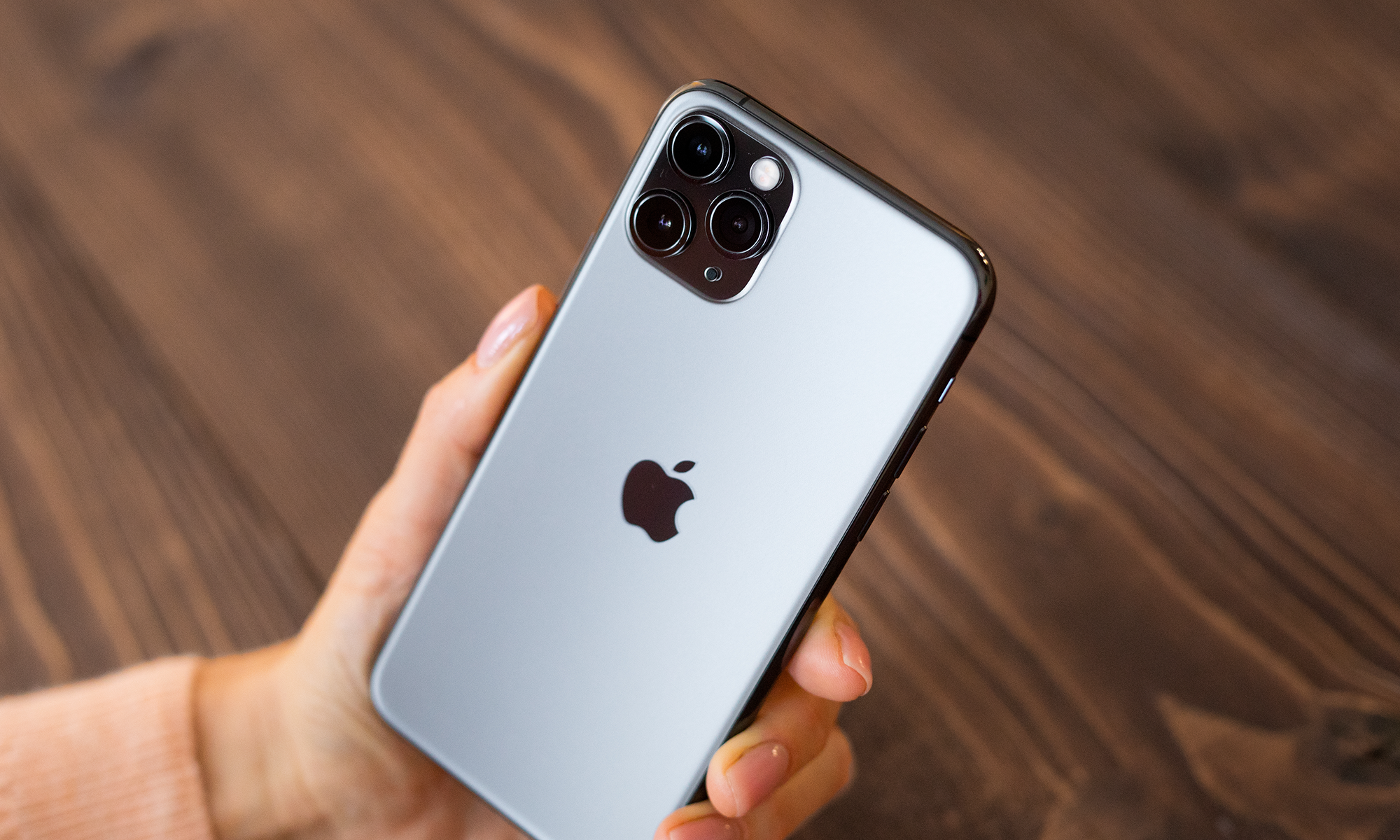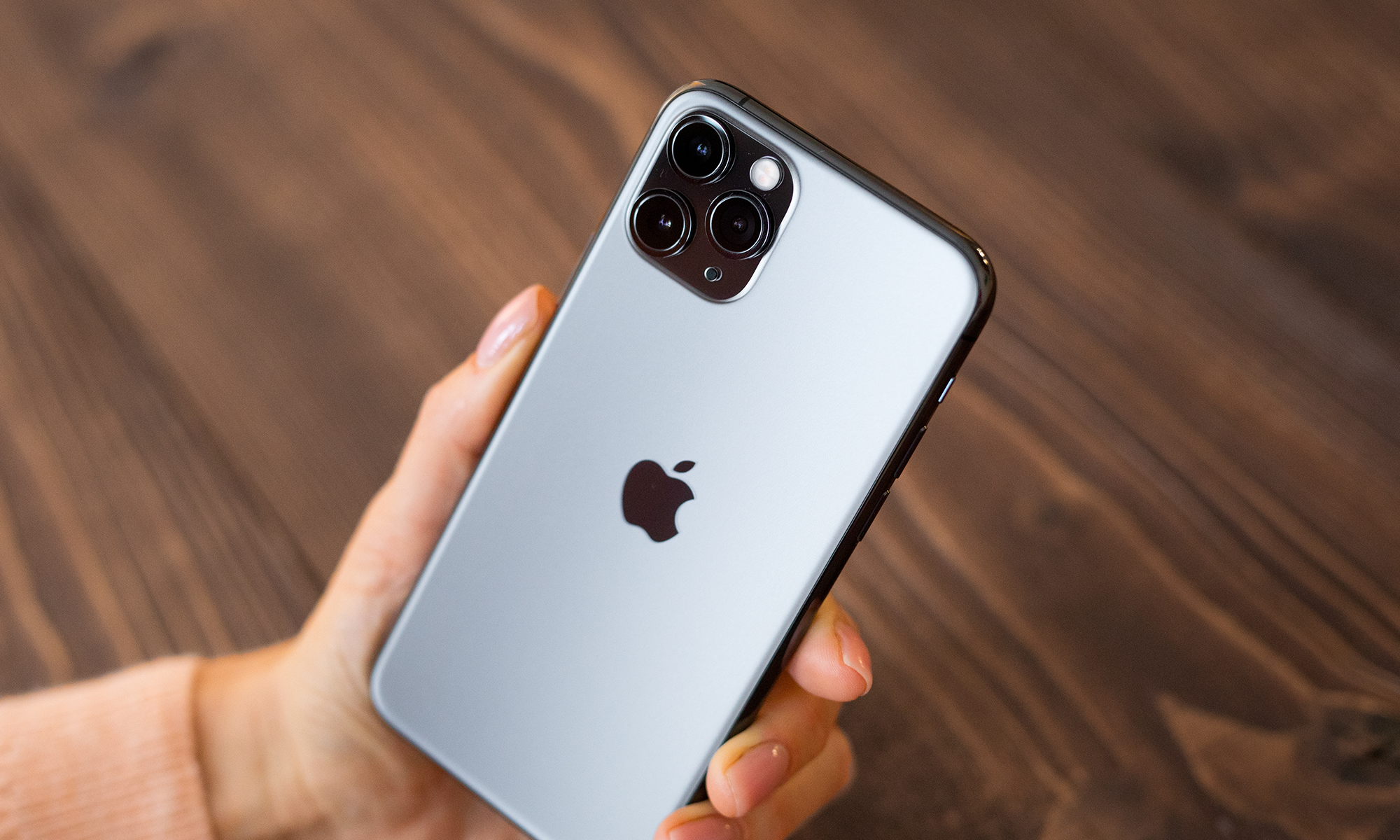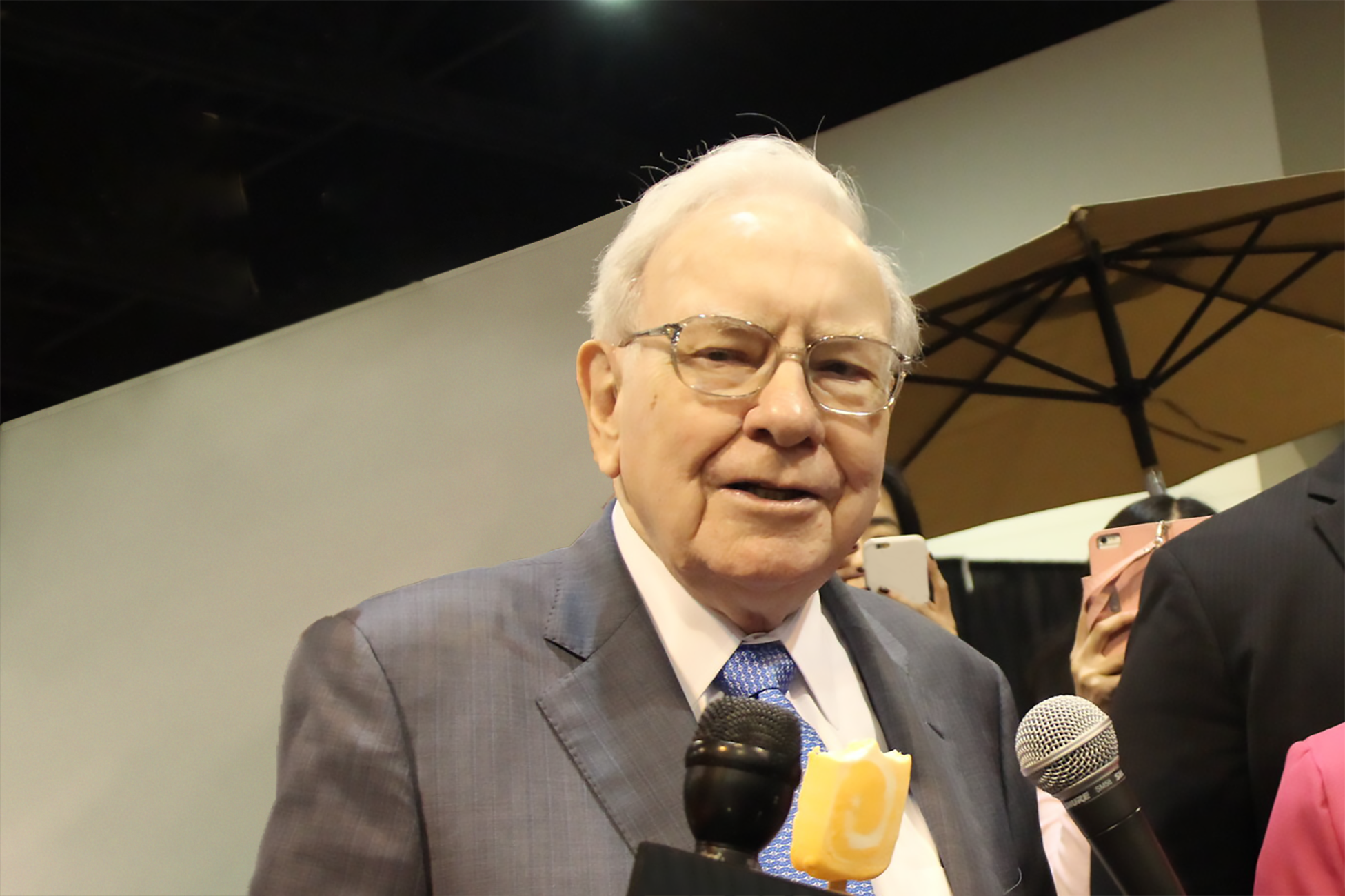Apple (AAPL 0.56%) is now officially in the subscription-video-on-demand (SVOD) market as its premium subscription TV option -- Apple TV+ -- has launched. It's an ambitious move for the tech giant, not least because there are so many other companies entering the streaming space right around the same time: Disney's (DIS 0.95%) Disney+, AT&T's (T +4.65%) HBO Max, and Comcast's (CMCSA 1.01%) Peacock are all hoping to take on existing services like Netflix (NFLX 0.99%) and Amazon's (AMZN 0.60%) Amazon Prime Video, making for a soon-to-be-crowded market ripe for subscription churn.
Apple's plan to compete in this crowded field is to spend big on content. Apple's initial content budget of $1 billion actually ballooned to $6 billion ahead of the service's launch. Apple TV+ launched with at least nine original series, four of which appear to be Apple's biggest bets -- and biggest expenses -- among the bunch.
Apple is betting big on its original content. But with big bets come big risks. Much more than Netflix before it, Apple needs its first shows to be hits.

Image source: Getty Images.
Standing out in a crowded field
When Netflix commissioned its very first original series, House of Cards, it didn't really need a hit. That was the preferable outcome, of course, but Netflix wasn't exactly short on content back when House of Cards debuted in 2013. Netflix reckoned, rightly, that it could save money in the long run by owning its own content. It may also have foreseen how that formula would work in reverse, prompting content owners like Disney to launch their own Netflix competitors.
Netflix's success with House of Cards helped it compete with rivals like HBO and draw more customers who weren't already SVOD subscribers. But Netflix already had a stranglehold on subscription streaming in 2013. It had few competitors, at least relative to right now.
Now there are a ton of new streaming services on the way. Each will be vying for eyes and trying to differentiate itself with original content. It's enough to get Netflix, which already has a lot of original content, to issue billions in debt with an eye to spending big on beefing up original content. If Netflix thinks it needs more original hits to compete, then Apple -- which currently has zero existing hits -- needs them even more.
Originals and nothing but originals
Apple needs differentiation in a big way. It also simply needs something for people to watch. Original content isn't just about standing out anymore: It's also about building out content hours in a tribal era for streaming that has seen so many major content owners bring their shows and movies home to fully-owned streaming services. Apple is unlikely to find willing licensing partners in Disney or Comcast's NBCUniversal because those companies are creating their own services.
This change in dynamic has made Netflix's original series look a lot less like cost-effective strategic luxuries and a lot more like a core survival strategy. But at this point Netflix has enjoyed big hits with House of Cards, Orange Is the New Black, and Stranger Things -- the last of which is still drawing major viewers to Netflix and is lined up for another season next year. Netflix isn't exactly in great shape in terms of original content and intellectual properties, at least not compared to new competitor Disney, but it at least has something. Apple, on the other hand, is not -- not yet, anyway.
Fingers crossed
For Netflix, hitting on the first attempt at original programming was a pleasant outcome; for Apple, hitting on the first try will pretty much be a necessity. On the bright side, Apple's "first shot" will actually be more than one show. Apple is pushing four expensive shows hard, and there are other, more minor attempts waiting in the wings.
If Apple TV+'s shows are a hit, it might have a chance in a crowded market -- especially given its very cheap $5-per-month price point. But if Apple goes 0-for-4 with its top original series, watch out.











